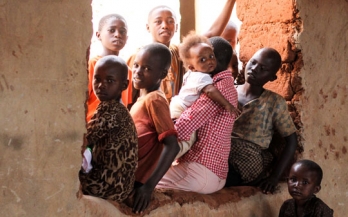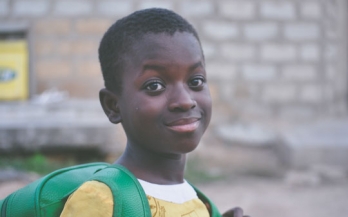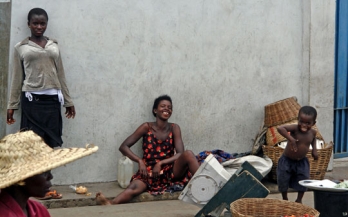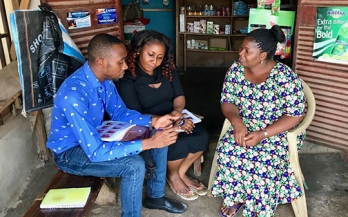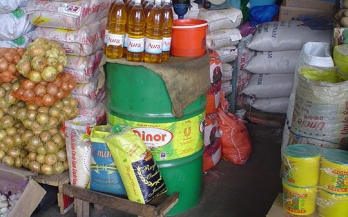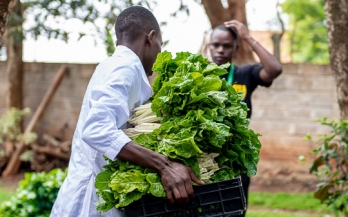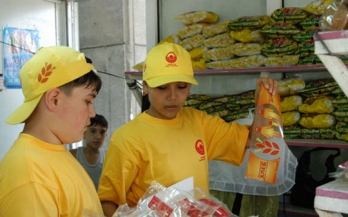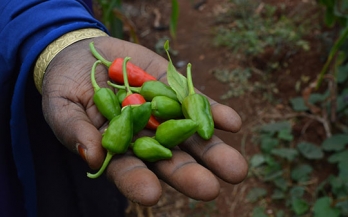- 01/06/2016
This summary report presents outcomes from market research interviews conducted with consumers in Nyanza District on behalf of the Marketplace for Nutritious Foods, Rwanda from December 2015 to January 2016.
- 01/01/2016
The research sought to identify strategies to improve the nutritional quality of the diet of infants and young children using locally available and affordable foods. Specifically, it aimed to identify a set of evidence-based, population-specific food-based recommendations that can be promoted to improve infant and young child feeding among farming communities in Ghana’s Central Region.
- 01/01/2016
The research sought to identify strategies to improve the nutritional quality of the diet of infants and young children using locally available and affordable foods. Specifically, it aimed to identify a set of evidence-based, population-specific food-based recommendations that can be promoted to improve infant and child feeding practices among farming communities in Ghana’s Northern Region.
- 01/03/2018
In an effort to explore the potential of new food vehicles for large-scale food fortification in West Africa, GAIN took advantage of two FACT surveys conducted in West Africa that measured quality, coverage and/or consumption of mandatorily fortified foods, for exploring the potential of other industry manufactured foods for fortification.
- 01/08/2012
This report summarizes the findings of the end-line survey to assess the impact of the oil and wheat flour fortification programmes in Côte d’Ivoire conducted in households in three communes in Abidjan and the rural area of Bouaflé in October 2010.
- 25/11/2015
This report presents findings from a series of in vivo and in vitro studies to optimize iron fortification of rice in terms of iron bioavailability and sensory acceptability. It has been suggested, that zinc can negatively influence iron absorption.
- 01/01/2011
This report presents the findings of the Kenya National Micronutrient Survey (KNMS) conducted in 2011 to generate data on the magnitude and distribution of micronutrient malnutrition, including nutritional status and a number of related diseases. The aim of the survey was to establish the prevalence of micronutrient deficiencies, protein-energy malnutrition, and infectious diseases among the Kenyan population.
- 01/11/2017
This research brief provides the key findings from a study commissioned by GAIN'S Postharvest Loss Alliance for Nutrition to conduct a landscape analysis to better understand the dried tomato production and market in Nigeria. Structured questionnaires were used to elicit information on socio-economic characteristics of selectors processors, traders, and consumers.
- 01/01/2013
This report presents the findings of a Large Country-Lot Quality Assurance Sampling (LC-LQAS) survey that was conducted to evaluate the current coverage and impact of the national flour fortification programme (NFFP) after five years of implementation of the NFFP. The LC-LQAS method was used to design a sample that was representative nationally and within the programme catchment areas.
- 01/09/2017
This report covers the mapping of the distribution, value chain and reach analysis of Alves and includes inputs taken from observations on local markets and at local stores, price checks and interviews done with participants at all levels of the meat processing production and distribution value chain.
